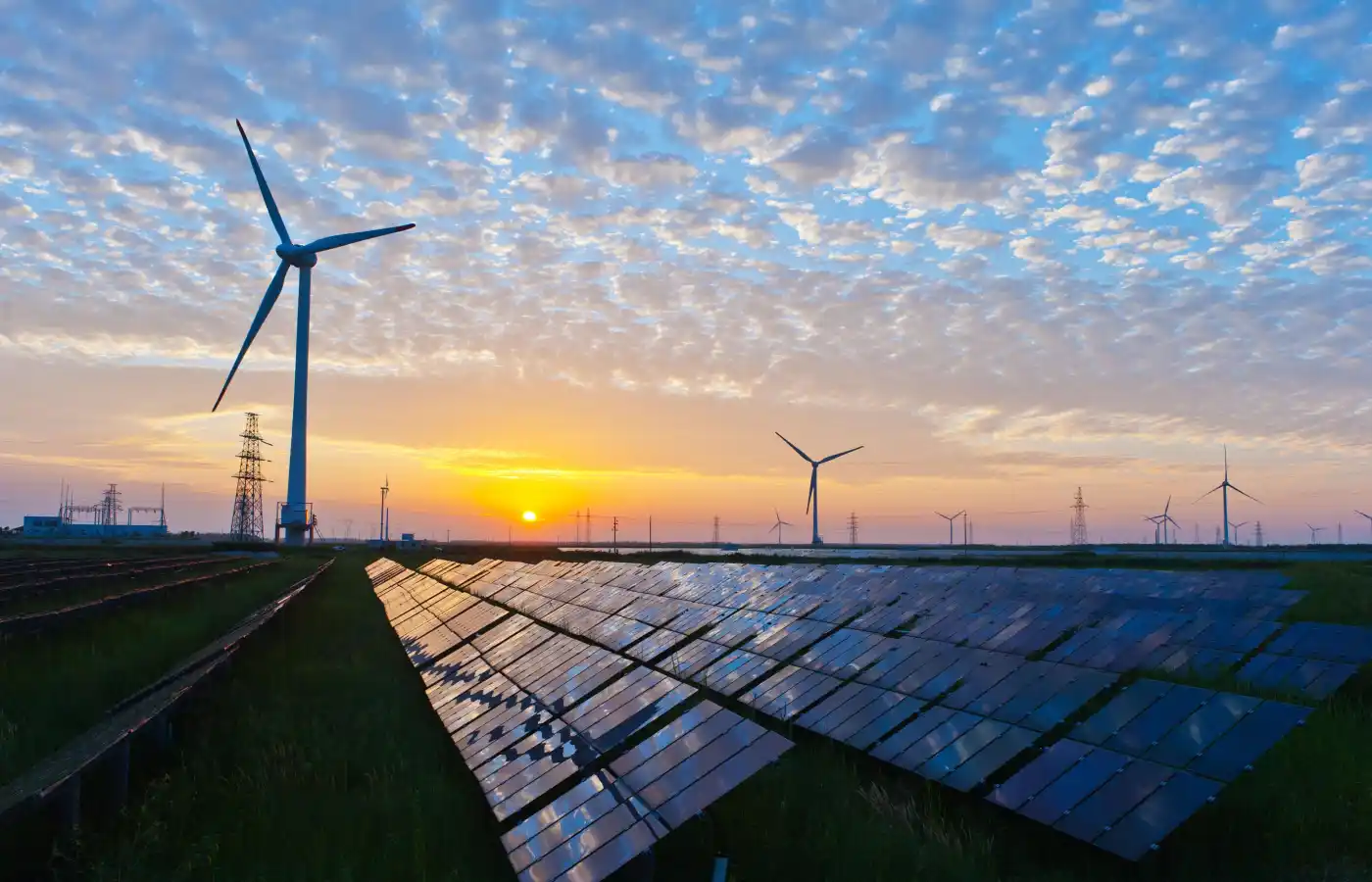Switching to solar energy offers a plethora of benefits, both for individuals and the environment. Firstly, solar power is a clean, renewable energy source that significantly reduces reliance on fossil fuels, thereby helping to combat climate change and reduce greenhouse gas emissions. Additionally, harnessing solar energy can lead to substantial cost savings over time, as solar panels generate electricity from sunlight, thereby reducing or even eliminating electricity bills. Moreover, solar energy systems typically require minimal maintenance and have a long lifespan, providing reliable power for many years. By investing in solar energy, individuals can also increase the value of their properties while contributing to a greener and more sustainable future for generations to come.
Furthermore, the installation of solar panels creates local jobs, stimulating economic growth and providing opportunities for communities. Additionally, solar energy systems offer energy independence, as they can be deployed in remote areas without access to the traditional power grid, providing electricity to those who need it most. Moreover, solar panels can be installed on various surfaces, including rooftops and open fields, making them suitable for a wide range of applications. Solar energy also reduces air and water pollution associated with traditional energy sources, leading to improved air quality and public health.
Furthermore, investing in solar energy fosters technological innovation and drives advancements in renewable energy technology. As solar technology continues to evolve, efficiency improves, costs decrease, and new applications emerge, making solar energy an increasingly viable and attractive option for consumers and businesses alike. Overall, the transition to solar energy represents a significant step towards a more sustainable, resilient, and environmentally friendly future for our planet.


0 Kommentare